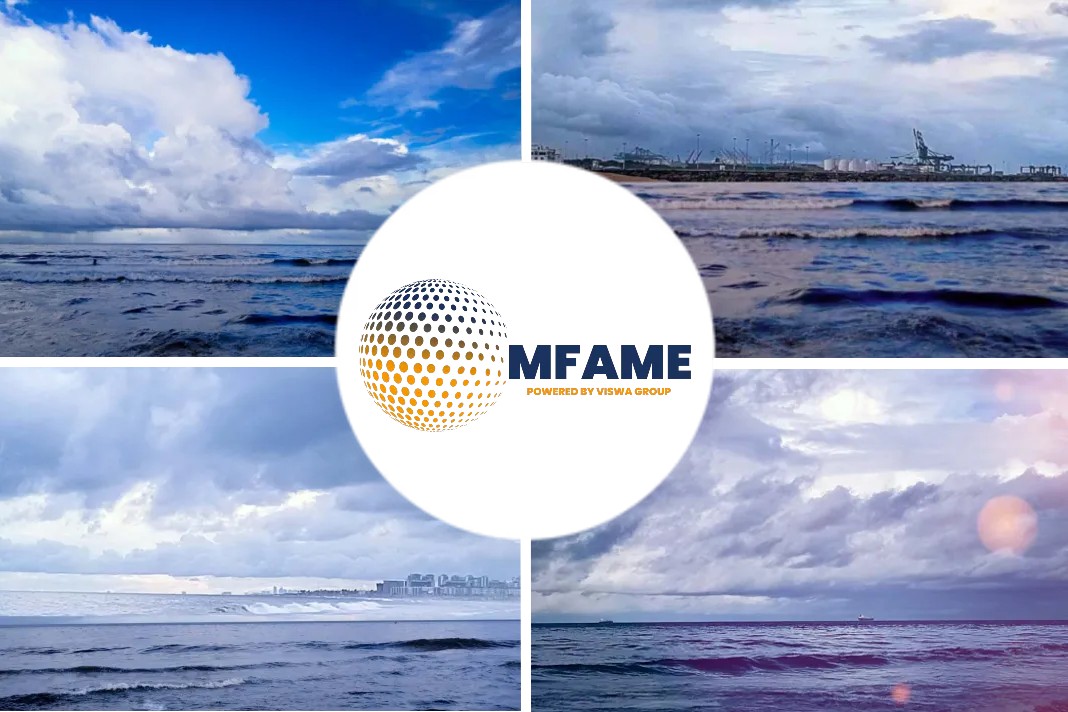
Like aviation, maritime transportation is considered one of the hardest sectors to decarbonize. To help speed things up, a handful of cargo owners, including Amazon, have launched ZEMBA – the Zero Emission Maritime Buyers Alliance, reports Autoevolution.
The ZEMBA initiative
Maritime shipping is still vital for global trade, which also means that it contributes a great deal to the overall emission levels. It’s a good thing that we can see more and more innovative approaches to ship design and propulsion technology, but that’s just the first step. Would it be possible for zero-emission shipping to become mainstream?
This is what the ZEMBA initiative is meant to support. It was launched by the Aspen Institute (a global nonprofit) together with freight buyers Amazon, Patagonia, and Tchibo. The new Alliance was announced during the event called “Aspen Ideas: Climate,” held in Miami Beach last week.
The basic goal is transition to zero-emission shipping alternatives, by supporting a wide range of green solutions, from new ship designs to alternative fuels. Through initiatives such as this one, the various players that can make this change happen can work together and speed things up.
This same year, the ZEMBA members plan to take the first tangible steps toward greener shipping. As soon as 2005 or 2026, they expect to start implementing zero-emission (or near zero-emissions) maritime shipping services. This is why the first step will be a Request for Proposal (RiF), coming up later this year, in order to find the operators who can provide such services.
coZEV 2040 Ambition Statement
The zero-emission requirement will apply not just to CO2, but all greenhouse gases, and will take into account the ship’s lifecycle. Shipping operators, fuel suppliers, and other freight buyers are all encouraged to join the new Alliance.
Don’t think that only these three cargo owners have committed to green maritime shipping so far. Through another Aspen Institute Initiative, called the “coZEV 2040 Ambition Statement,” 19 other brands have also pledged to switch to 100% emission-free shipping for ocean freight, by the end of the next decade. As more players in the industry join ZEMBA and adhere to this Statement, the chances of a positive turning point for maritime cargo transportation will continue to increase.
Things may move slower in this sector, but changes are already visible. From hybrid-electric vessels and modern sailing systems to the extensive use of LNG and other alternative fuels, there are plenty of potential solutions to address the specific needs of various shipping niches.
Factors like the high costs of alternative fuels and those associated with fleet renewals are still some of the biggest challenges on the way to zero-emission shipping, but major players such as Amazon and large-scale industry initiatives can encourage the expansion of green solutions, which in turn will make them more accessible over time.
Did you subscribe to our Newsletter?
It’s Free! Click here to Subscribe!
Source: Autoevolution


















